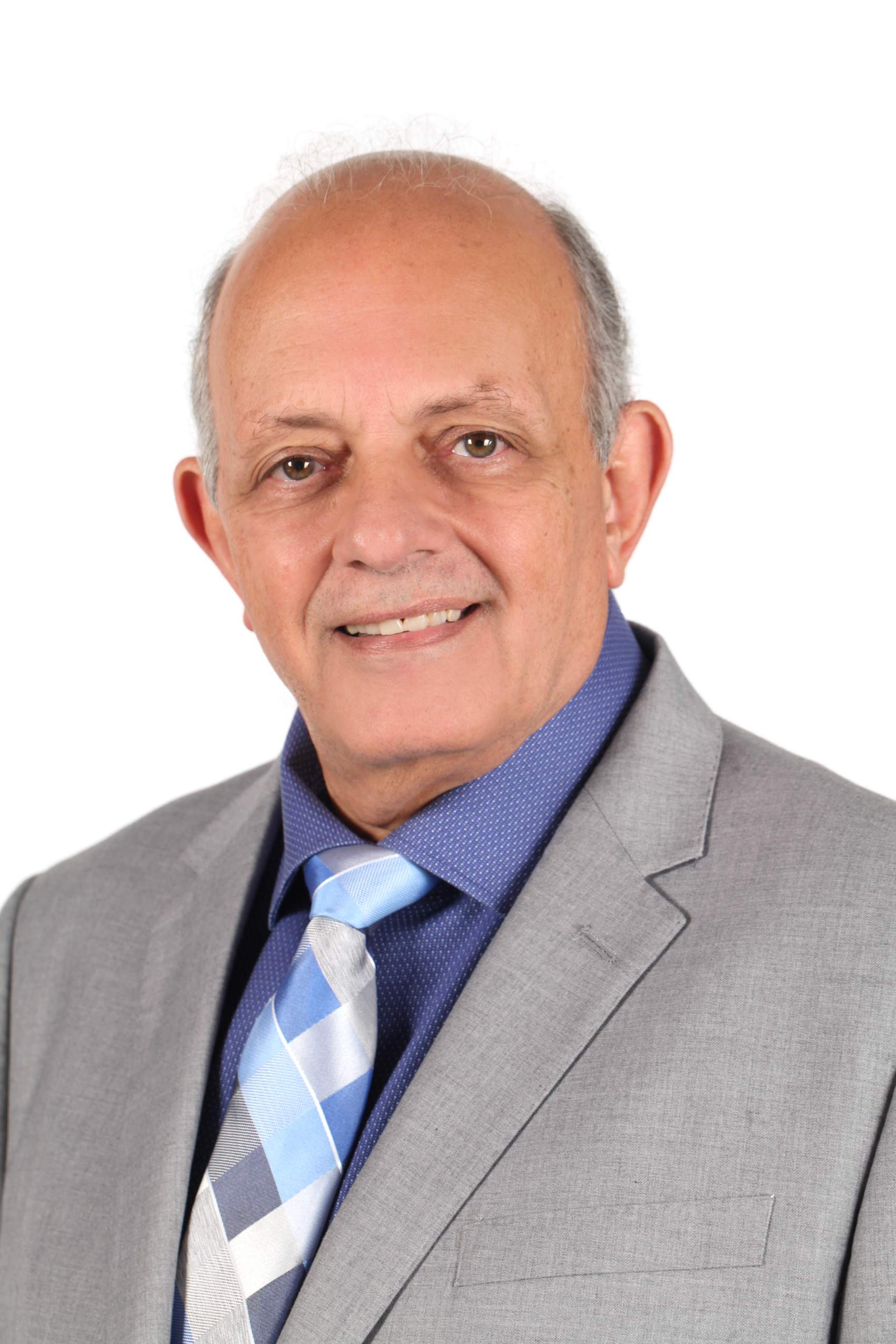CRC Press is pleased to share with you our author Q&A session with Raymond H. Hamden, author of Psychology of Terrorists: Profiling and CounterAction, 1st Edition

Psychology of Terrorists : Profiling and CounterAction, 1st Edition
Author(s): Raymond H. Hamden
Price: $170.00
Cat. #: K10509
ISBN: 9781439810026
Publication Date: November 29, 2018
Binding: Hardback
Q&A with Raymond H. Hamden
- Actual direct face-to-face interventions that very few professionals have done to get the TRUTH about terrorists mind set, and their influences on families and community
- Rapport-Based Intervention, not interrogation or interviewing, leads to the better CounterAction in most cases
- Coined the term “Retributional Terrorists” which was based on clinical and forensic intercessions
- Developed the 3-Is to identity the ethno-geographic Religious and Political types vs general criminals
Reviewing forensic reports and testimony used in criminal cases, including ‘cold cases’. I found these may not reveal the complexity, assumptions and limitations behind the results and the examining lawyer (and ultimately the judge and jury) require this information for context and transparency. There is also an aura of certainty around DNA evidence that investigators may be reluctant to probe.
The rapport based approach was instrumental in opening opportunities not noted before with those accused of terrorist acts.
Clinical Psychology practice in Washington DC included assessing criminally insane coupled with Political Psychology consultations with various nations and their war time players lead to the differences between criminal mind and the terrorist mind.
Discussions within the professional communities led to an invitation to be a 1986 Visiting Fellow at the Center for International Development and Conflict Management, University of Maryland [College Park]. Here I met and concurred with global range of scholars to assess and evaluate the various components of fundamentalism and hostage situations. Presenting before the US Senate Caucus on Terrorism and writing in the US House of Representative Committee on the Middle East were the launch to consulting in the areas of Political Psychology and later training in Forensic Psychology.
The sequel to this book is Psychology of Terrorists: Case Studies, Vol II is being compiled with examples of many men, women, and families with involvement in terrorism at innumerable levels. The information learned and how it is gained will be discussed in the coming volume.
Meetings with people in the law enforcement arena will be featured as well. Deliberating on the needed measures for correction but most importantly, prevention of terrorist recruitment and vulnerability of youth and adult of all ages in nations around the global will be conferred.



.jpg)

